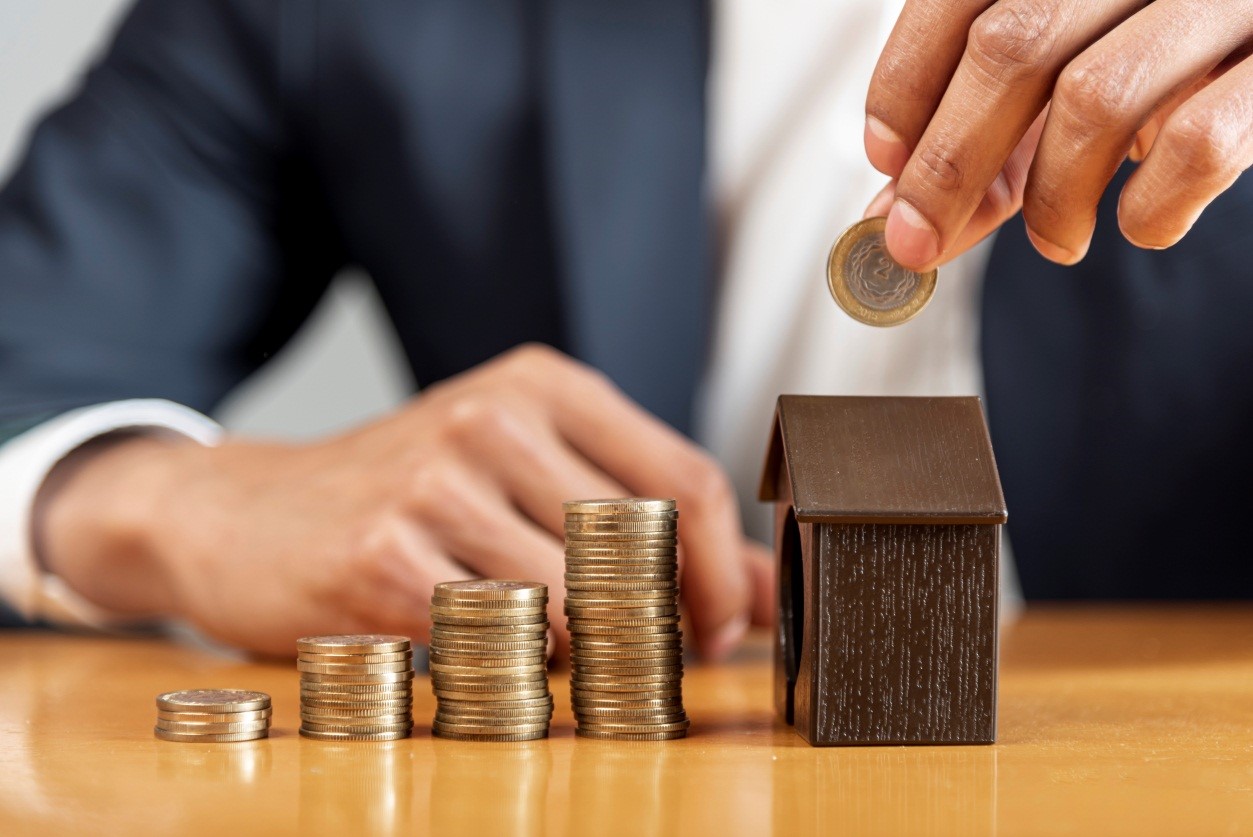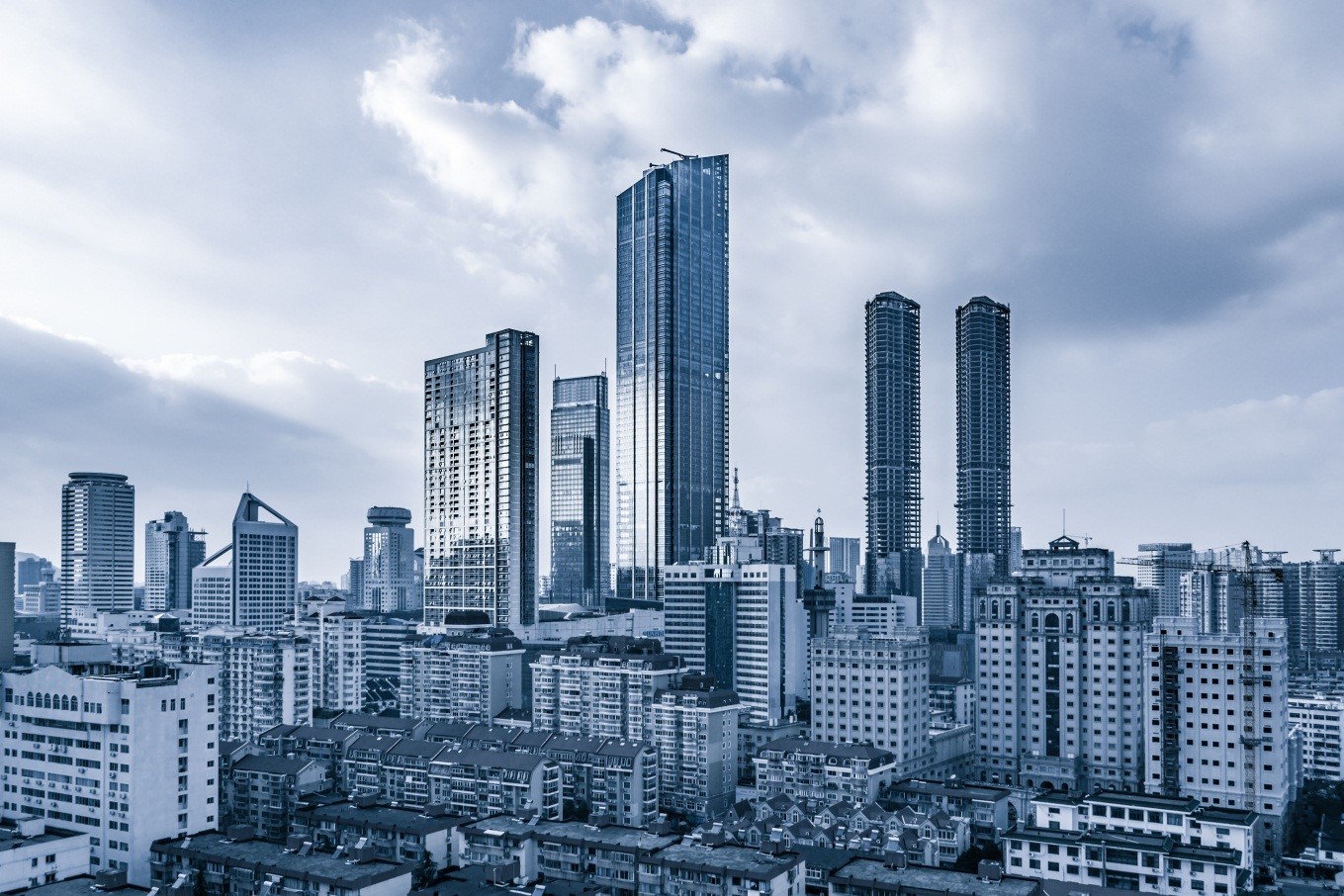Below, I’ve summarized the most important information to take note of the new law:
- Foreigners can buy properties by simply possessing a tourist visa
- There’s no cap to the amount of properties you can buy
- Foreigners are restricted to buying a maximum of 30% of the units in condominiums and cannot own more than 10% of the properties in a landed project
- Foreigners can now buy houses, but only 250 of the houses in a given ward (division). To read more about the districts and wards in Saigon, I recommend you to check this wiki-page
- The leasehold period is still 50 years but can be renewed
- If you have a Vietnamese spouse, you can get a freehold tenure

Can foreigners buy land in Vietnam?
Foreigners cannot buy and own land, like in many other Southeast Asian countries. Instead, the land is collectively owned by all Vietnamese people, but governed by the state.
As written in the national Land Law, foreigners and foreign organizations are allowed to lease land. The leasehold period is up to 50 years, but in some cases up to 70 years.
At the time I’m writing this article, the Government is considering to extend the leasehold period from 50 years to 99 years, which is positive of course.
Even if the regulations are getting less strict, and will probably loosen up over the years, you need to be careful. There’s no guarantee that you’ll be able to renew your leasehold period for example.

Vietnam’s Land Use Rights (LUR)
Thankfully, Vietnam has a law on land called Land Use Rights (LUR) that reduces the risks for foreigners to invest in Vietnam.
Even if you’re not allowed to own land, you have the right to use land – as stipulated in the LUR. It also gives you the right to control the land leased or allocated by the Vietnamese state.
Keep in mind that you need to submit a Land Use Rights Certificate (LURC) to the Vietnamese Government before you’re able to lease the land.